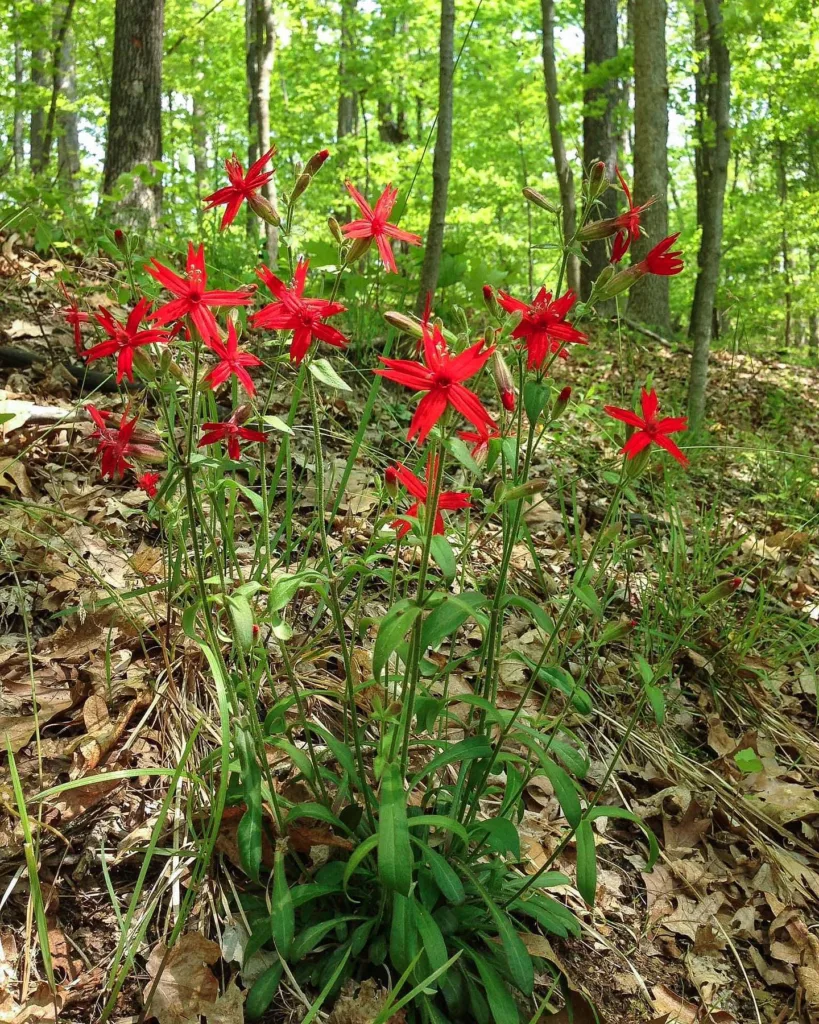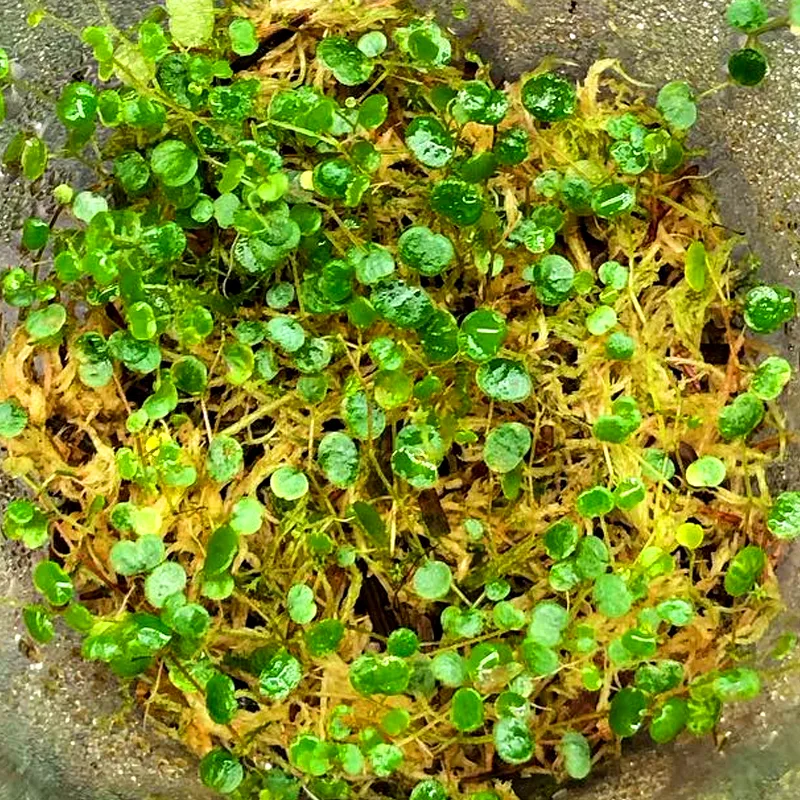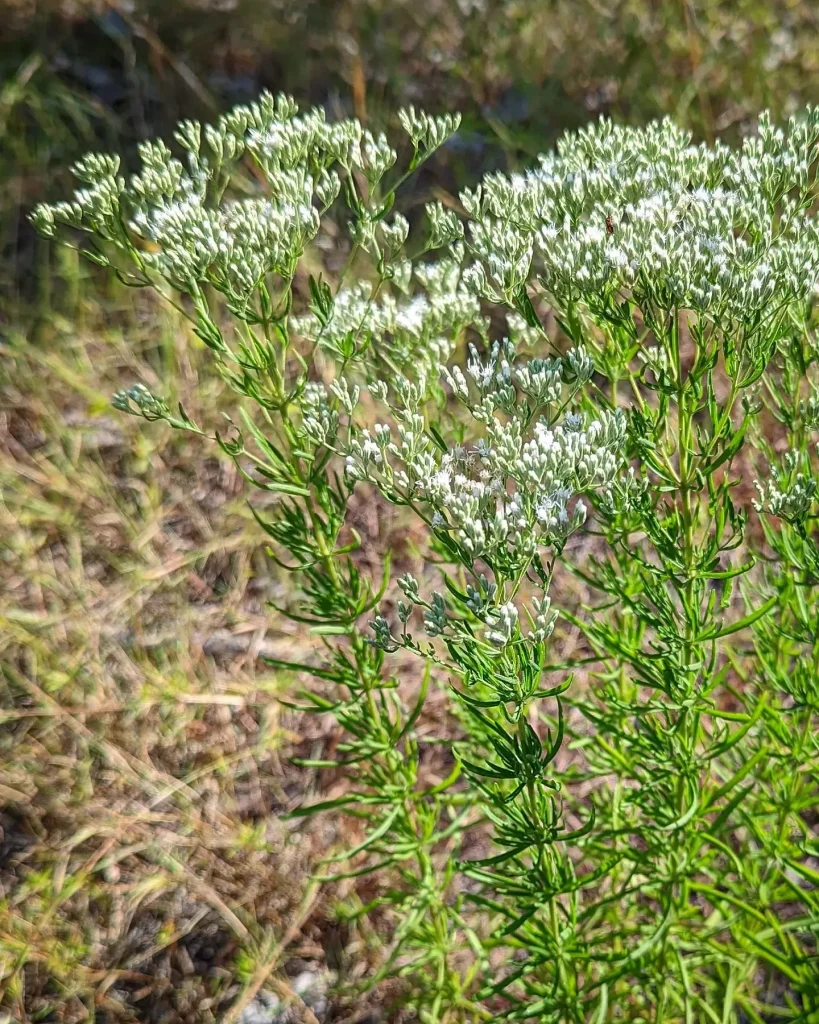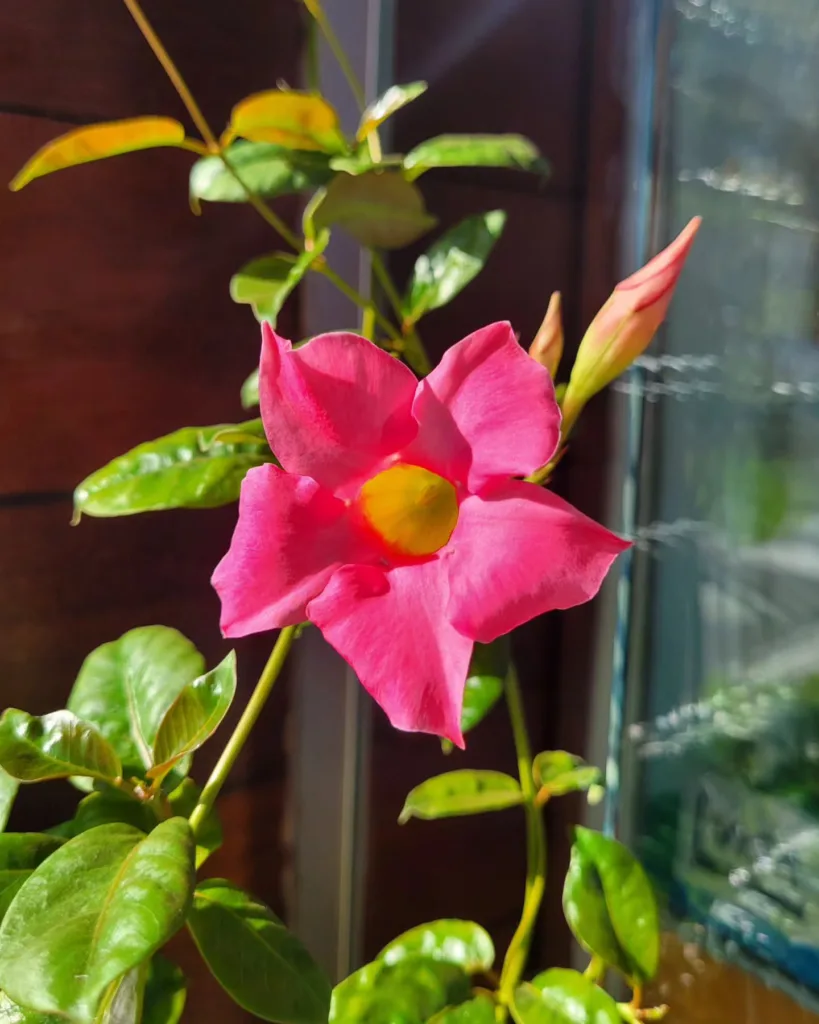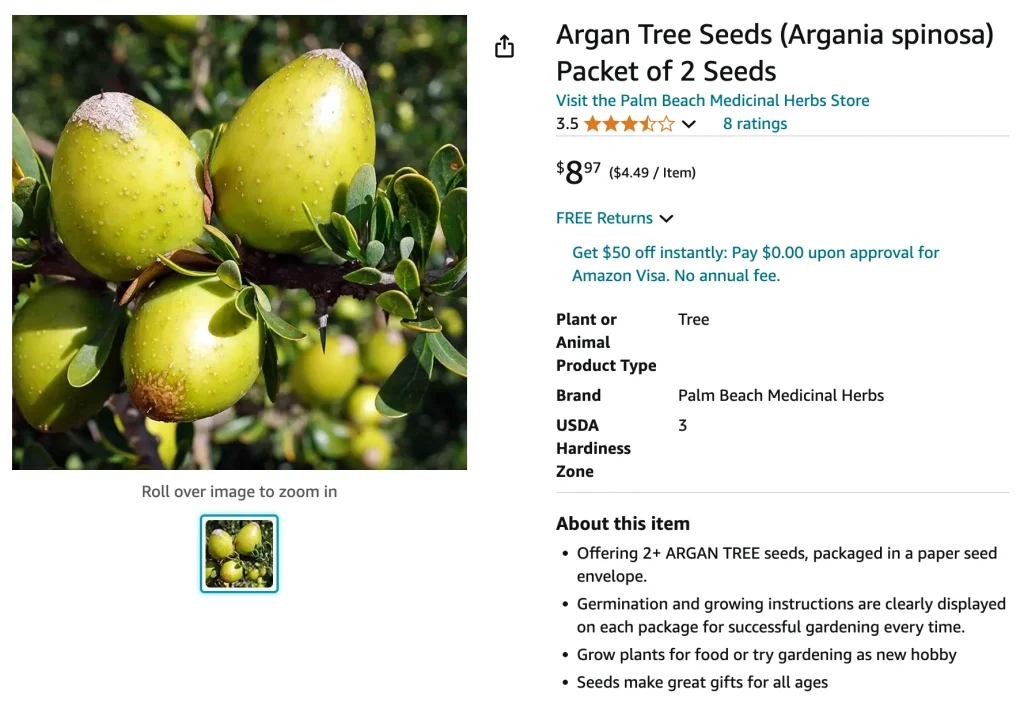
FAQs About Argania Spinosa
As a plant enthusiast, I’ve often found myself drawn to the fascinating world of Argania Spinosa, commonly known as the argan tree. Native to Morocco, this resilient tree is known not just for its unique appearance but also for the oil extracted from its kernels, which has gained popularity in beauty and wellness circles. Here, I’ll address some frequently asked questions about Argania Spinosa and its oil, sharing my insights and experiences along the way.
What is Argania Spinosa?
Argania Spinosa is a deciduous tree belong to the Sapotaceae family, that thrives in arid regions, particularly in Morocco. It’s characterized by its gnarled trunk and thorny branches, which are adapted to withstand harsh conditions. The tree produces small, green fruits that contain hard-shelled kernels. These kernels are the source of argania spinosa kernel oil, also known simply as argan oil.
Plant Family: 74 Genera in Sapotaceae
What is Argania Spinosa Kernel Oil?
Argania Spinosa kernel oil is extracted from the nuts found within the fruits of the argan tree. This oil is rich in essential fatty acids, antioxidants, and vitamins, making it a popular ingredient in both skincare and haircare products. I love using this oil for its nourishing properties, as it deeply hydrates and revitalizes my skin and hair.
Is Argania Spinosa Kernel Oil Good for Hair?
Absolutely! From my experience, Argania Spinosa kernel oil works wonders for hair. Its lightweight texture makes it easy to apply without weighing hair down. It provides moisture, reduces frizz, and adds a beautiful shine. I often apply a few drops to my damp hair before styling, and I notice a significant improvement in smoothness and manageability.
Is Argania Spinosa Kernel Oil the Same as Argan Oil?
Yes, Argania Spinosa kernel oil is essentially argan oil. The terms are often used interchangeably, as they refer to the same product derived from the argan tree. When purchasing, make sure to look for high-quality, pure argan oil for the best results, as there are many blends available that may contain fillers.
Is Argania Spinosa Kernel Oil Comedogenic?
This is a common concern for those with oily or acne-prone skin. Generally, Argania Spinosa kernel oil is considered non-comedogenic, meaning it shouldn’t clog pores. However, individual reactions can vary, so it’s wise to do a patch test if you’re unsure. I’ve found it works well on my skin without causing breakouts, but everyone’s skin is different.
Does Argania Spinosa Oil Clog Pores?
As mentioned, Argania Spinosa oil is unlikely to clog pores for most people. It absorbs quickly and doesn’t leave a greasy residue, which is a significant plus for those worried about breakouts. I’ve used it regularly and haven’t experienced any issues, which is why I continue to recommend it.
Is Argania Spinosa a Nut?
The kernels of the Argania Spinosa fruit are indeed similar to nuts, but they’re classified as seeds. This distinction can be important for those with nut allergies. While many people can safely use argan oil, it’s best to consult with a healthcare provider if you have concerns about allergies.
Is Argania Spinosa Kernel Oil Good for Skin?
Without a doubt! Argania Spinosa kernel oil is an excellent moisturizer, making it ideal for dry skin types. I use it as a facial oil and mix it into my creams for an extra boost of hydration. Its high vitamin E content helps with skin elasticity and may even reduce the appearance of fine lines.
Benefits of Argania Spinosa Kernel Oil
The benefits of Argania Spinosa kernel oil are vast. It’s known for:
- Hydration: Provides intense moisture to skin and hair.
- Anti-Aging: Rich in antioxidants that help combat aging signs.
- Healing Properties: May aid in healing minor skin irritations and conditions.
- Sun Protection: Offers some level of protection against harmful UV rays.
I’ve noticed these benefits firsthand, making it a staple in my beauty routine.
Common Problems with Argania Spinosa
While Argania Spinosa kernel oil has many benefits, there are a few potential downsides to consider. Some users may experience allergies, so it’s crucial to patch-test before full application. Additionally, because of its popularity, counterfeit products are common. Always ensure you’re purchasing from a reputable source to avoid low-quality oil.
How to Care for Argania Spinosa?
If you’re growing your own Argania Spinosa tree, it requires minimal care. It thrives in well-drained soil and prefers full sunlight. Watering should be moderate, as overwatering can harm the plant. I’ve found that a little care goes a long way with these hardy trees!
Can You Grow Argania Spinosa Indoors?
While it’s possible to grow Argania Spinosa indoors, it’s best suited for outdoor conditions due to its size and sunlight requirements. However, small saplings can be nurtured in pots until they’re strong enough for outdoor planting. I’ve had success with this method, enjoying the beauty of the tree even in limited spaces.
Conclusion
Argania Spinosa, or the argan tree, is not only a remarkable plant but also a source of one of nature’s most beneficial oils. Whether you’re looking for a skincare miracle or a hair treatment, the benefits of Argania Spinosa kernel oil are clear. As I continue to explore the uses and benefits of this incredible oil, I encourage you to incorporate it into your routine and experience its wonders for yourself!
If i die, water my plants!
